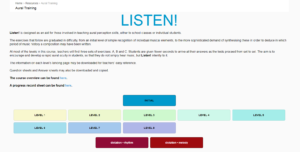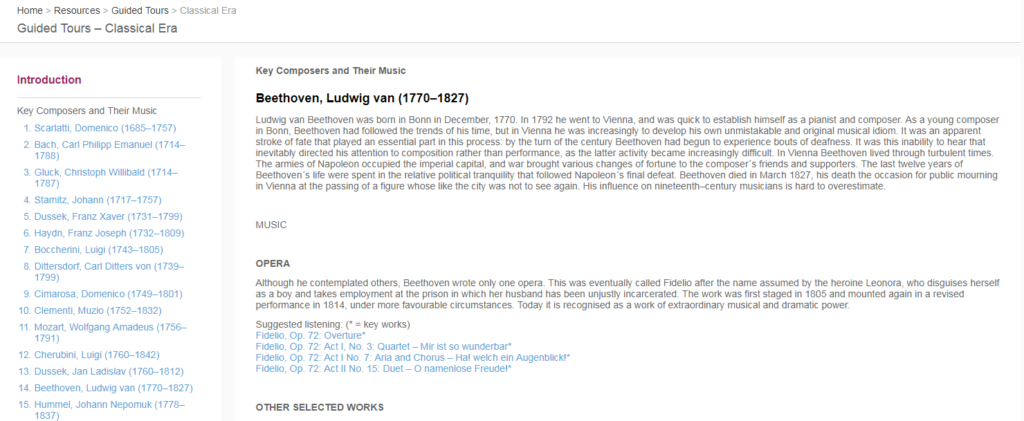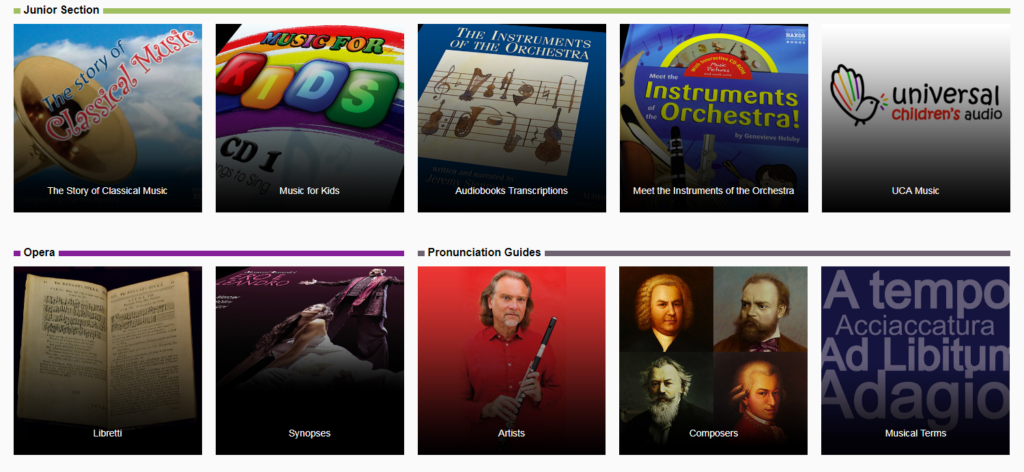Library News
Celebrating Jewish Book Month @ Booth
Posted on November 19th, 2019
Jewish Book Month, an annual tradition dedicated to promoting Jewish literature, originated in 1925 through the efforts of Boston librarian Fanny Goldstein. It first began as “Jewish Book Week,” and in 1943, the celebration expanded to a full month.
Sponsored by the New York-based Jewish Book Council (jewishbookcouncil.org), it takes place each year during the thirty days leading up to Chanukah. This year, Jewish Book Month is held between November 22 and December 22, 2019.
Please visit the 3000 South corridor of Booth Library to check out Jewish-themed books on a variety of subjects: history, biography, fiction and literature, religious and cultural traditions, and more. The official Jewish Book Month poster features artwork by Claudine Eriksson.
Access to Kanopy streaming videos limited
Posted on November 11th, 2019
Booth Library has moved to a mediated access model for Kanopy streaming videos. This model will allow only faculty to request films for course-related viewing. Films already licensed by the library will continue to be available until their license expires.
Kanopy has been extremely popular with the EIU community. Unfortunately, the annual expenditure for Kanopy has tripled in the last fiscal year, and the expected increases make providing unlimited campus-wide access unsustainable.
We regret having to make this change mid-semester. This has been a difficult decision, but many other libraries are facing the same issue. Duke, Stanford, and Harvard, among others, have also recently had to limit their use of Kanopy.
How mediated access with Kanopy will work:
- Faculty who need a Kanopy film for course-related purposes can contact the head of Acquisition Services, Janice Derr, at jmderr@eiu.edu.
- Only films required for courses will be licensed from Kanopy.
Our library has a number of other streaming video collections for your use. We also encourage patrons to explore the library’s extensive DVD collection. We are happy to work with you to meet your curriculum-related needs. Faculty can request library DVDs for delivery to their offices by filling out this form. Faculty can also contact their department’s Instructional Support Specialist (ISS) for assistance with using video content in D2L.
For additional questions about using Kanopy, or how to request films for classroom use, please contact Janice Derr at jmderr@eiu.edu.
November is Hunger Action Month
Posted on November 5th, 2019
 This month at EIU, it’s Hunger Action Month, and Booth Library is getting involved! Throughout the third floor corridor of the library are resources and events to check out going on all this month. There are also events going on all around campus if you would like to learn more and get involved. Booth Library is also participating in the “Coin Wars” to raise money for Hunger Action Month. Learn more about Hunger Action Month and folllow @EIUVolunteers Twitter feed or their Facebook: Civic Engagement and Volunteerism. Below is a calendar of events and facts about hunger. Booth has many resources to help your research and to learn more about food insecurity and the issue of hunger all over the world.
This month at EIU, it’s Hunger Action Month, and Booth Library is getting involved! Throughout the third floor corridor of the library are resources and events to check out going on all this month. There are also events going on all around campus if you would like to learn more and get involved. Booth Library is also participating in the “Coin Wars” to raise money for Hunger Action Month. Learn more about Hunger Action Month and folllow @EIUVolunteers Twitter feed or their Facebook: Civic Engagement and Volunteerism. Below is a calendar of events and facts about hunger. Booth has many resources to help your research and to learn more about food insecurity and the issue of hunger all over the world.
Naxos Music Library: Resources
Posted on November 5th, 2019
In continuation of the Naxos Music Library article, there are other expanded tabs that hold a lot of useful information. The Resource tab is very useful for both the everyday listener or to the music major. It has numerous resources available including practical ones like a music dictionary, aural training, and analyses of works.
The music dictionary is a great tool to use. Most definitions have an audio example of what is being defined in addition to the meaning of the word. This can be very helpful if someone is reading music and does not understand what something means. It is also nice for the average listener who wants to know more about the technical side of music.
Aural training is very helpful to train and develop your ear to become a better listener to music and understand what is going on in different recordings. This tab is easy to use and accessible for many. There are eight different levels of training that each have their own questions regarding different recordings and answers to check your work (below). The music knowledge differs from level to level. It is helpful for anyone who wants to develop a better listening ear.
Work analyses are selected works from different composers and breaking them down and analyzing them. So far, there are nearly 30 composers who have had some works analyzed. Each article goes into detail as to what the composers was attempting to accomplish and what the music is saying. These analyses are helpful to people who want to know more about certain works by some composers, or are doing research on a music analysis.
Guided Tours is another feature of the resources for the Naxos Music Library (above). These are guides of the different classical eras like Baroque, Classical, Romantic, Nationalism in the Romantic era, and 20th Century. They take you through different composers of the era and briefly describe them while showing selected, notable works. This can be helpful for people who may be unfamiliar with classical music and wish to go deeper into different styles.
The study guide section of the Naxos Music Library is for students from all over the world that more or less coincide with their curricula about music theory and history (below). The curricula are from six different countries. In the United States, it follows the k-12 system, while other countries follow their standard curriculum. This would help student teachers prepare for teaching kids about music from ages 5-18.
There are other interesting sections in the Resource tab as well (all below), like the junior section. The junior section has resources like learning what different instruments are, music for kids, etc. Another option is looking at different synopses and the libretti of an opera, which is the text of what is spoken. There are other helpful tools, like the pronounciation guides for artists, composers, and musical terms. Finally, the ABRSM, OMEA, and Trinity/Guildhall Music exams also have study guides on Naxos. Overall, Naxos Music Library has a lot of information and a lot resources available for all types of students.
Speaker from Quebec to visit EIU
Posted on November 4th, 2019
Martin Dionne, Quebec Public & Government Affairs Officer in Chicago, is coming to EIU to give a presentation, “Opportunities in Business & Technology in Quebec,” at Lumpkin Hall’s Roberson Auditorium (2030). This talk will be from 6 p.m. to 7 p.m. on Wednesday, Nov. 6. This event is free and open to the public.
Mr. Dionne started his term as Public & Governmental Affairs Officer on Oct. 9, 2017. Prior to this appointment, he held the position of Advisor at the Minister of International Relations and La Francophonie from June 2014.
He graduated with a bachelor’s degree in Economy and Politics and a master’s degree in International Relations. He has worked for the National Assembly of Quebec, the Ministry of Health and Social Services and the Ministry of Native Affairs.
While at EIU, Mr. Dionne will take a tour of the EIU campus and Booth Library. He will hold discussions with the Office of International Students and Scholars, World Languages faculty, and Career Services. Dionne will meet with MBA and other graduate students at Lumpkin 2121 from 3 p.m. to 3:45 p.m. He will also talk to Blair Watson’s French 2201 and French for Business classes.
His visit to EIU was organized by Booth Library’s Bradley Tolppanen; Austin Cheney, Dean of Lumpkin College of Business & Technology; and Blair Watson, World Languages and Cultures. Last year, Booth Library received a grant from the Quebec/U.S. University Grant Program to improve library materials related to the study of Quebec and its culture.







